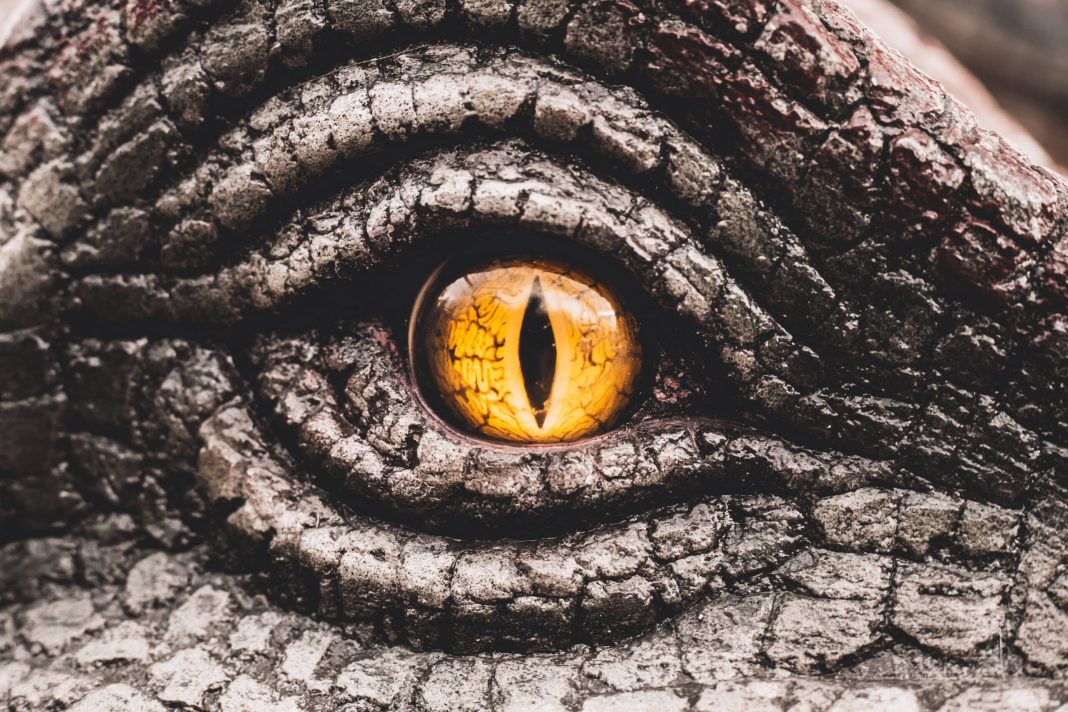Researchers are intrigued by the potential benefits psilocybin offers mushrooms, with theories ranging from a defense mechanism against predators to a deterrent for terrestrial slugs following the post-dinosaur extinction ice age.
A groundbreaking study by the University of Utah and the Natural History Museum of Utah reveals that psilocybin mushrooms, known for their psychoactive properties, have existed for approximately 65 million years, dating back to the era of dinosaur extinction. This research, the largest genomic diversity study for the Psilocybe genus, uncovers the ancient evolutionary history of these mushrooms and their potential implications for modern psilocybin medicine.
The resurgence of interest in psilocybin, the psychoactive compound found in magic mushrooms, for mental health treatment has led researchers to delve into the evolutionary history of these fungi. A recent study published in the Proceedings of the National Academy of Sciences suggests that psilocybin mushrooms have been around for about 65 million years, coinciding with the extinction of dinosaurs. This discovery stems from the largest genomic diversity study on the Psilocybe genus, involving 52 specimens, including 39 species that had not been previously sequenced.
The study identified two distinct gene orders responsible for psilocybin production, indicating two independent evolutionary paths for the compound’s development. This finding not only highlights the ancient origins of psilocybin mushrooms but also suggests a wealth of genetic diversity that could benefit the future development of psilocybin-based therapeutics.
Researchers are intrigued by the potential benefits psilocybin offers mushrooms, with theories ranging from a defense mechanism against predators to a deterrent for terrestrial slugs following the post-dinosaur extinction ice age. The study’s findings pave the way for further research into the evolutionary role of psilocybin and its applications in modern medicine.
Why It Matters: Understanding the ancient origins and evolutionary history of psilocybin mushrooms provides valuable insights into their potential therapeutic benefits. This research could revolutionize the development of psilocybin-based treatments, offering new avenues for addressing mental health issues.
Potential Implications: The study’s revelations about the genetic diversity of psilocybin-producing mushrooms could significantly impact the future of psychedelic medicine. By exploring different gene sequences for psilocybin production, scientists may develop more effective and tailored treatments for various mental health conditions.
Source: High Times





